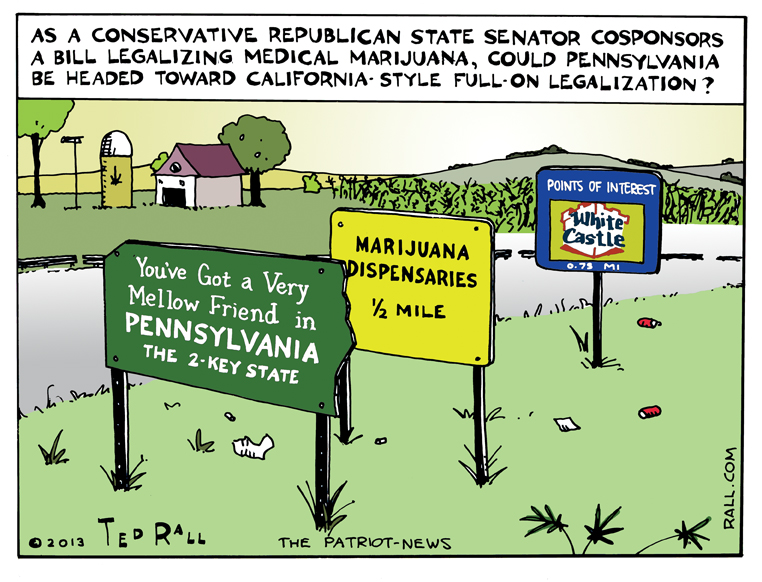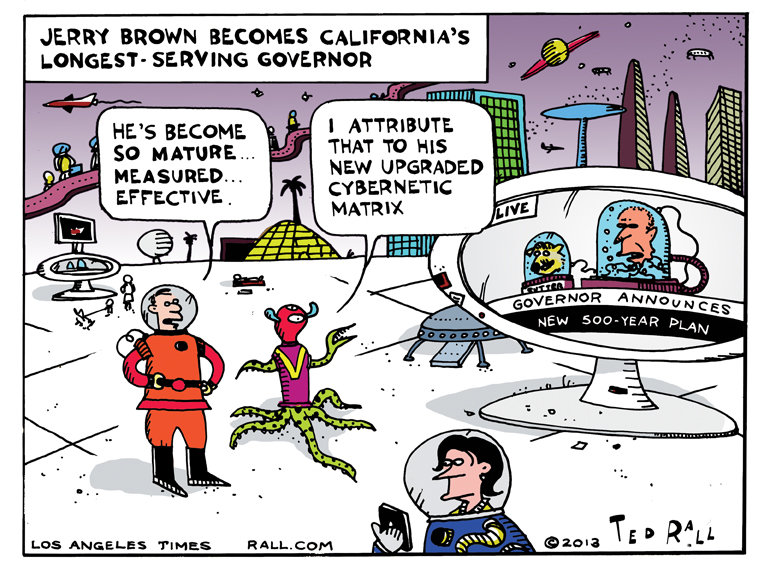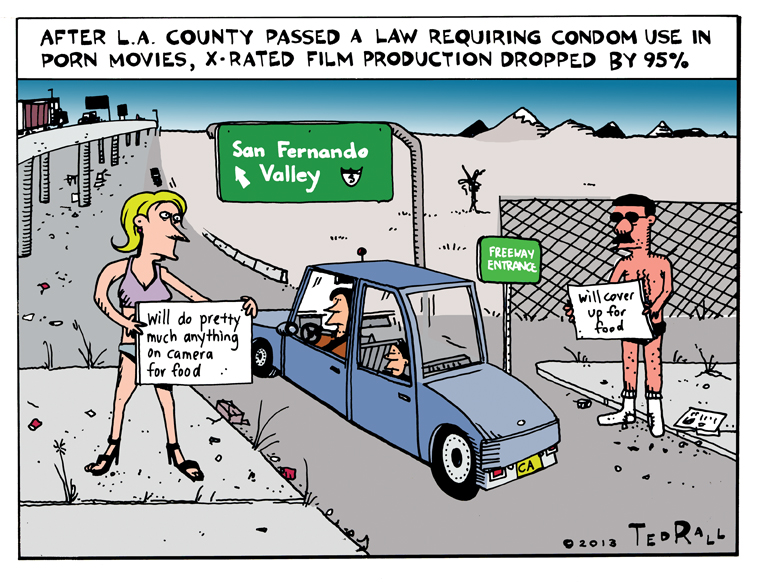So I’d like to announce that I’m going to be on Beacon.
It’s a sponsorship model. You subscribe for $5 a month. If you indicate me as your sponsoree, I get 70% of your $5. Which, if enough people do it, I will use to create comics I wouldn’t otherwise be able to draw because there are so few newspapers and magazines left who can and want to pay for ambitious projects: comics journalism. Travelogues. Serialized graphic novels.
The cool part is, you also get access to all sorts of great writing. Think of it as a way to sponsor my work while subscribing to a good online magazine.
It’s an experiment. I don’t know if it will work. But the people behind Beacon are cool. And is the idea. You can sponsor me and check out Beacon here.
P.S. If this works, I’ll be bringing other cartoonists to Beacon too.




